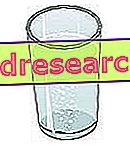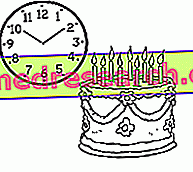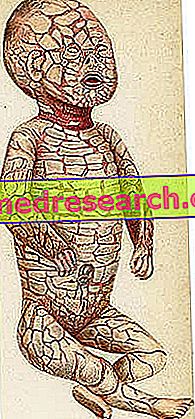Drinking or not drinking during meals?
Who writes to you is a person now accustomed to being asked to ask questions like: "but you never drink when you eat? How can you eat without drinking ?!". All this due to a learned custom, and now maintained without difficulty, during sports retreats. In those days, the athletic trainer required us to drink only after finishing the meal, which naturally began with various types of vegetables, followed by pasta and a second course of fish or meat. Why all this?

The purifying action of this food is also useful for eliminating the metabolic wastes induced by stress, pollution and a diet too rich in toxins (fried foods, singed, grilled, alcohol, saturated fats, additives, etc.).
Since many of these toxins are fat-soluble, if they are not adequately eliminated due to an over-intake or due to insufficient hepatic or renal activity, they are stored - by way of dumping - in adipose tissue. This consideration has helped to give rise to the following equation:
+ toxins - water = greater accumulation of adipose tissue
During meals it is good practice not to drink too much, to avoid diluting gastric juices and slowing down digestion. On the other hand, when a balanced meal is consumed, the water supply is guaranteed by fruit and vegetables (which are 80-90% water).
In any case, if not enough water has been consumed in the previous moments of the day, it is better to drink it during the meal rather than depriving it with the sole purpose of improving the digestive process.
Finally, it is important to distribute the amount of water during the day. Concentrating the intake on a few everyday occasions would produce a marked hormone-mediated diuretic effect, with a consequent waste of much of the water taken.
When is it better to drink?
- As soon as you wake up
- Before the meal
- Before, after and during physical activity
- Between one meal and another
- When you lose a lot of fluids due to physiological causes (sweating, dehydration during air travel, cold, wind, etc.) and pathological (diarrhea, vomiting, burns, bleeding).



